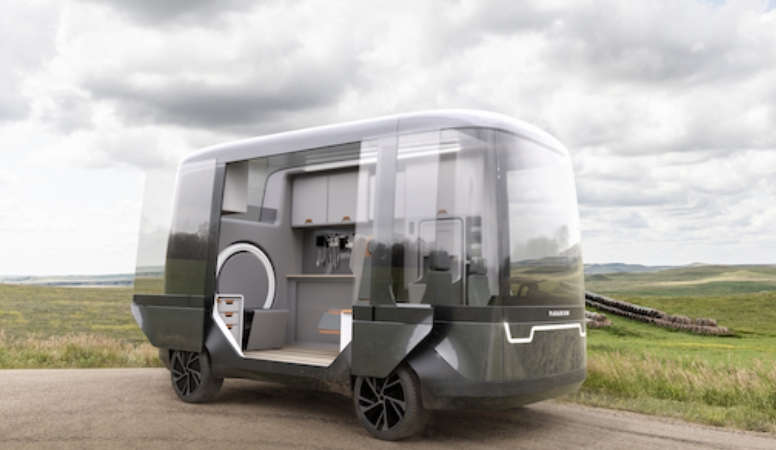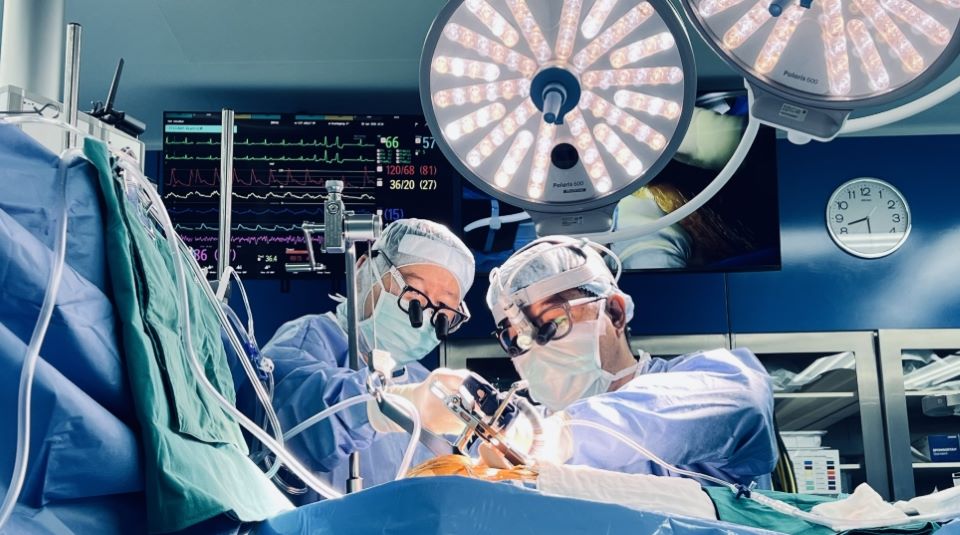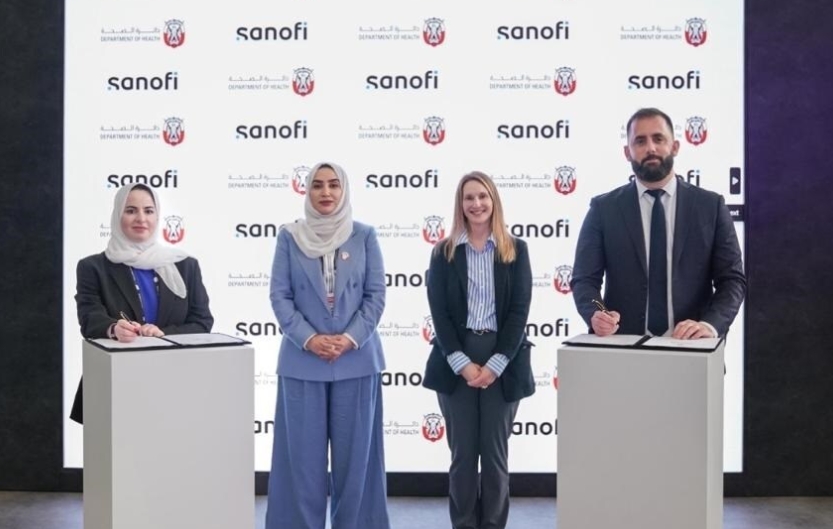
Australia's Monash University will lead the design of a first-of-its-kind mobile CT scanner to bring critical healthcare services to rural communities across the United States.
Australian tech company Micro-X, Monash University, and Johns Hopkins University have secured a contract for up to $25 million to develop lightweight CT scanners that can be fitted into mobile vehicles, providing hospital-level care to patients regardless of their location.
The grant was awarded by the US Advanced Research Projects Agency for Health (ARPA-H) as part of their Platform Accelerating Rural Access to Distributed and InteGrated Medical care (PARADIGM) programme, launched in 2024.
The initiative aims to address critical healthcare disparities in rural America, where many people face limited access to advanced medical imaging, resulting in delayed health diagnoses.
Monash University’s Design Health Collab will design the CT scanner, which will weigh just 225 kilograms, significantly lighter than conventional 2,000-kilogram CT scanners.
This reduced weight is made possible by Micro-X’s Nano Electronic X-ray (NEX) Technology, which uses miniaturised x-ray emitters to deliver high-quality, three-dimensional imaging comparable to hospital-based systems.
The technology aims to provide advanced medical imaging outside of hospitals, enabling quick and accurate detection of diseases in underserved areas.
Project lead Dr Nyein Chan Aung, from Design Health Collab at Monash Art, Design and Architecture, said the role of design has made this technology a reality. Dr Aung said Design Health Collab is also looking to introduce similar design concepts locally to promote better access to healthcare and services in Australia.
The CT scanner is expected to be completed and ready for use by 2029.




